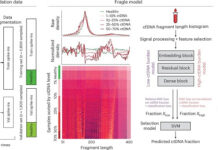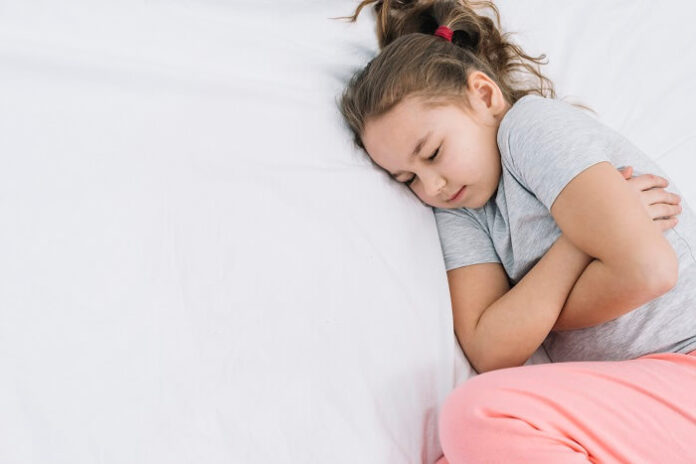Doctors are reporting a significant rise in cases of loose motion and dehydration, especially among children aged 1 to 3 years. Some newborns are also presenting with fever and signs of dehydration. Experts urge parents to remain alert and consult a pediatrician without delay to ensure timely treatment and avoid complications.
Seasonal Changes and Poor Hygiene Fuel the Surge
As per the press release, the current spike in gastrointestinal issues is closely linked to seasonal changes. Dr. Vidushi Taneja, Consultant Pediatrician and Neonatologist at Motherhood Hospitals, Kharadi, Pune, explained, “Loose motion in young children can lead to rapid fluid loss, especially when accompanied by vomiting or fever. Dehydration sets in quickly and can escalate to a medical emergency, often requiring hospitalization.”
She noted that viral and bacterial infections, contaminated water or food, and poor hygiene are the primary causes. “Children have immature immune systems and are more susceptible to infections. Frequent loose stools can result in the loss of vital fluids and electrolytes, which impacts their health severely,” she added.
Newborns Are Especially Vulnerable
Newborns are at even higher risk due to their inability to regulate temperature and fluid balance. A mild fever in an infant can quickly lead to dehydration, dry mouth, sunken eyes, and decreased urination. Dr. Taneja stressed, “These signs must not be ignored. Parents should act immediately. Currently, 7 out of 10 children aged 1 to 3 report to hospitals with loose motion and dehydration. About one or two of them require hospital admission due to severe dehydration or high fever.”
Rising Temperatures Add to the Problem
Dr. Aditya Deshmukh, Internal Medicine Expert at Apollo Spectra, Pune, confirmed a weekly influx of young patients. “Each week, around 6 to 7 children aged 1 to 3, and 8 to 9 children aged 7 to 15, are reporting symptoms. The heat, infections, and insufficient water intake are primary contributors,” he stated.
He recommended giving children plenty of boiled water and Oral Rehydration Solution (ORS), especially during hot, humid days. He also advised maintaining good hygiene, encouraging regular handwashing, and ensuring children eat only home-cooked meals.
Recognize the Warning Signs Early
Parents must watch for more than three episodes of loose stools in a day, lethargy, dry lips, sunken eyes, or refusal to breastfeed. Dr. Taneja emphasized, “Fever in newborns is an emergency. Do not delay treatment. Continue breastfeeding and administer ORS to rehydrate. Avoid giving anti-diarrheal medications without consulting a doctor.”
Prevention Begins at Home
Prevention starts with basic hygiene. Always wash hands before feeding, provide safe drinking water, and avoid food from unhygienic sources. Keep feeding bottles and utensils sterile. Exclusive breastfeeding for the first six months offers natural protection against many infections.
Prompt Action Can Prevent Serious Illness
Doctors unanimously agree that early detection and quick response are critical. Parents should remain vigilant during this vulnerable period. With proper hydration, hygiene, and timely medical care, children can recover quickly and avoid severe outcomes.
























